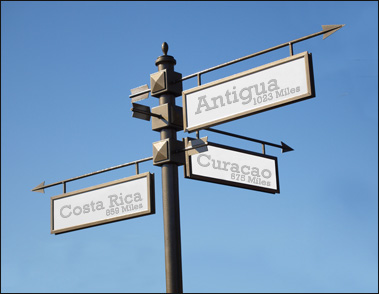The black market for sports betting in the US currently stands at $150 billion or more. There is no doubt that when New Jersey sued the government to overturn the Professional and Amateur Sports Protection Act (PASPA), it was with an eye to making offshore betting and similar operations a thing of the past.
In the end, the 2018 Supreme Court decision that made it legal for each state to pass their own sports wagering legislation may be having some unintended consequences on the black market, with the established companies looking to profit.
PASPA, which was passed in 1992 was done by Congress with an eye towards curtailing sports gambling among its citizens. In the end, after 25 years, what we saw was the opposite. Betting is and seemingly always will be a huge part of the sports culture in the US and with the advent of the internet and more sophisticated information available to betters over the past couple of decades, it’s only grown more and more popular.
With the passage of PASPA, that interest and revenue was forced underground and offshore. It is fair to say that PASPA played a huge role in creating the offshore gambling industry that is seen as such a problem today.
And according to the American Gaming Association, most Americans who have gotten used to betting with outlets based in the Caribbean and other markets with liberal laws will continue to do so for the foreseeable future.
Those companies have been working hard to earn gamblers trust and one way is through Google. A search for the “best online sportsbooks” will typically pull up these companies and by using a .lv (short for Las Vegas) domain at the end, they can make themselves appear more legitimate.
 Once these bettors see their money is in good hands, they are more than happy to return and show that loyalty.
Once these bettors see their money is in good hands, they are more than happy to return and show that loyalty.
Now that PASPA is over, the culture has shifted in the US, where essentially sports gambling has become legitimized. But the changing of the laws and building the infrastructure to support new markets is still very much in its infancy.
There are still just eight states where sports betting is legal and the number of states where mobile betting is legal is even less.
In the meanwhile, the offshore companies are well established and in many cases better set up to receive the money from all these new gamblers.
As one offshore sportsbook executive put it, “As sports betting has become less and less taboo, offshore sportsbooks have seen their player bases steadily grow over the last decade. The repeal of PASPA will drive more curiosity towards sports wagering, and even if new players start out betting sports at the local horse track, we expect to eventually find them betting online and offshore.”
Scott Cooley, spokeman for offshore sportsbook BetDSI added, “In the next year, we project to gain 15 to 20 percent of our current clientele base”.
The bottom line, is that for offshore betting sites, the US market is the gift that keeps on giving, and likely will be for the quite some time to come.


